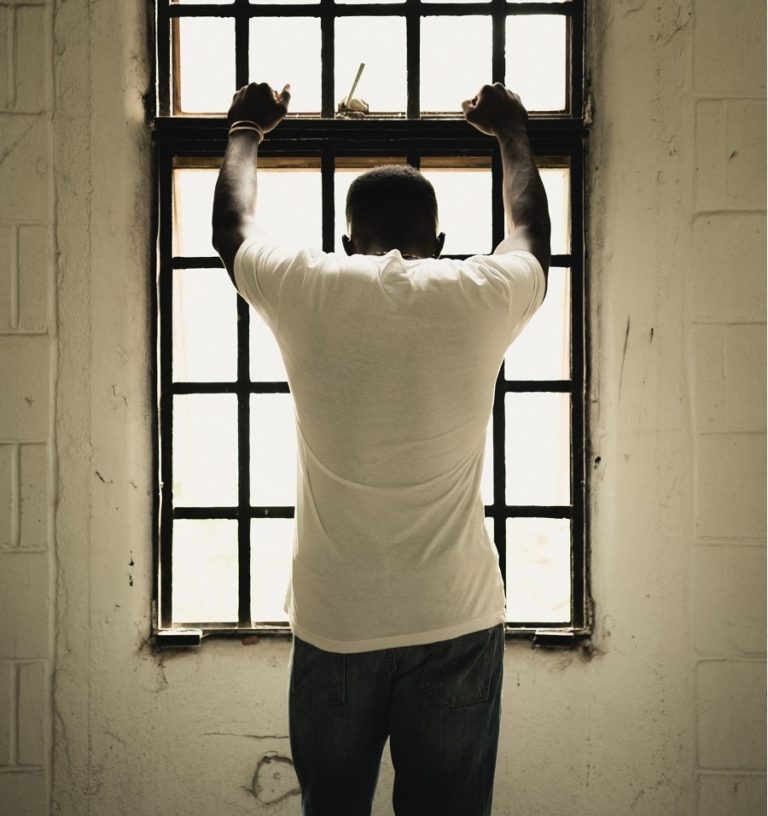Domestic Violence, SC
Domestic Violence
Finding yourself facing domestic violence charges in SC places you in a daunting and difficult situation. It’s not something you should try to do alone. Depending on your exact charges, you’re facing some potentially life-changing punishments.
Within 24 hours of being arrested, you will have a bond hearing. Whether you post a bond or not, it’s crucial to your case that you start working with an experienced attorney to form a strong defense before facing a judge.
How Domestic Violence Is Treated Under South Carolina Law
In South Carolina, a person can be arrested on domestic violence charges (DV) for committing any act of aggression towards a household member.
This covers any act that resulted in causing harm or injury to a household member, making threats to cause harm, or breaking a protection order.
Household members are defined as spouses and former spouses, partners who have children together, and couples living together.
Any domestic violence charges are very serious. Under SC law, domestic violence acts are generally categorized as either 3rd, 2nd, 1st, or High and Aggravated.
An overview as to what falls under each classification is as follows:
3rd Degree Domestic Violence
3rd degree DV is the lowest degree of charges filed for an act of violence against a household member.
This typically involves some form of harassment, threat, or a physical altercation. It’s treated as a criminal misdemeanor and most cases are prosecuted in magistrate or city court.
2nd Degree Domestic Violence
To be charged with 2nd degree DV you must have committed an act of violence against a partner. In addition, a 2nd degree factor must also be proven.
Some 2nd degree factors include:
- Violating a protection order
- Knowing the victim was pregnant
- Stopping the victim from calling for help
- “Moderate bodily injury” was inflicted
- Having a prior conviction for domestic violence in the last 10 years
1st Degree Domestic Violence
To be charged with 1st degree DV you must have committed an act of violence against a partner. In addition, a 1st degree factor must also be proven.
Some 1st degree factors include:
- “Great bodily injury” was inflicted
- Violating a protection order and a 2nd degree factor
- Having two or more prior convictions for domestic violence in the last 10 years
- Using a firearm during the assault
It’s also possible to be charged in the 1st degree if you commit a number of 2nd degree factors.
High and Aggravated Nature
There are also acts of DV that are considered to be of a high and aggravated nature and are treated much more seriously.
These are (according to S.C. Code Ann. § 16-25-65) acts involving:
- an assault and battery which involves the use of a deadly weapon or results in serious bodily injury to the victim; or
- an assault, with or without an accompanying battery, which would reasonably cause a person to fear imminent serious bodily injury or death.
In law, “serious bodily injury” means any injury that causes serious, permanent damage or causes a substantial risk of death.

Punishments if Found Guilty of Domestic Violence in SC
If found guilty of domestic violence, you face some harsh punishments. Not only are the potential fines and jail time steep, having a criminal record can affect the rest of your life.
The penalties for each classification of DV are:
- 3rd degree DV – Up to 90 days in jail and fines of $1,000-$2,500.
- 2nd degree DV – Up to 3 years in jail and fines of $2,500-$5,000.
- 1st degree DV – This is a felony offense and you could face up to 10 years in prison.
- Domestic violence of High and Aggravated Nature – This is also a felony and you face up to 20 years in prison.
Additional punishments are at the discretion of the judge based on your individual circumstances.
How Protection Orders Work in South Carolina
Protection orders (also called orders of protection and restraining orders) are court issued orders. They prohibit one member of a household from contacting or being within a certain distance of another household member.
In South Carolina there are two types of protection orders;
Temporary Orders of Protection
These are issued when a judge has reason to believe the victim is in immediate danger. Temporary orders can be issued without the defendant being present, and it prohibits contact between the defendant and the victim.
Final Orders of
Protection
A final order will be issued after a full court hearing giving both parties a chance to explain their case. If a final order is issued it will typically last between 6-12 months.
If you’ve been issued a protection order, it’s vital that you do not break the rules in the order. Doing so is a criminal offense.
You will end up getting arrested and having more charges added. You will also face additional time in jail and have to pay hundreds of dollars in fines.
Have You Been Charged with Domestic Violence?
If you’ve been accused or charged with domestic violence in South Carolina, you’re facing some serious and potentially life-changing charges.
We understand it’s often an emotionally fueled situation. But it’s important you keep a clear head the best you can. It’s also important you do not say anything to law enforcement or make any statements before talking to an attorney.
We’re here to help. Contact our law firm at (803) 433-5368 for a confidential, free consultation. as soon as you can. Our lawyers are experienced in handling domestic violence cases in South Carolina.

